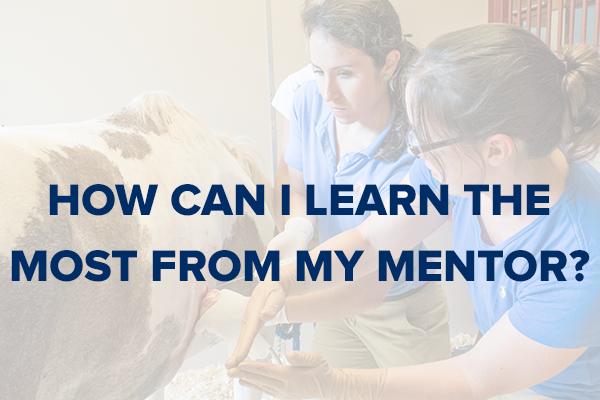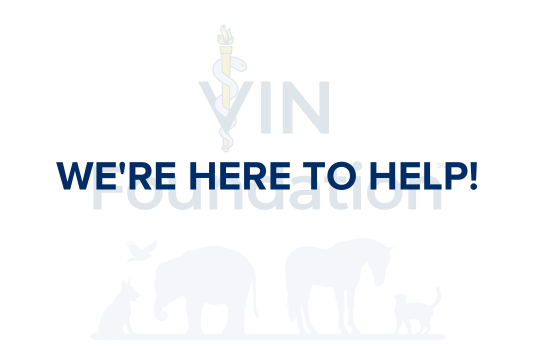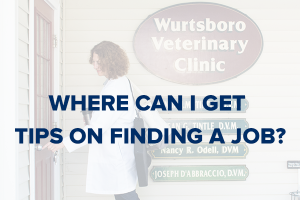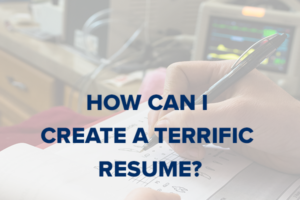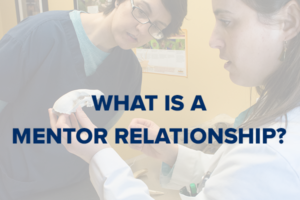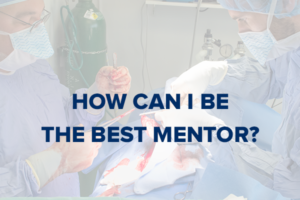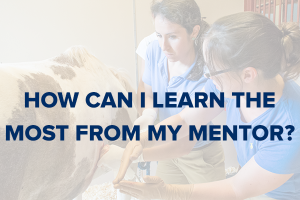New Graduate Survival Manual Introduction
The VIN Foundation is here to help make your career transition smoother and less intimidating through coaching and insights into your new profession. This New Graduate Survival Manual is the first stop guide to helping you succeed as you embark on your veterinary career journey.
THE FIRST 5
This New Graduate Survival Manual is part of the VIN Foundation’s Thrive in Five Toolkit, helping new veterinary graduates thrive as veterinarians in their first five years out of veterinary school. Born out of a need identified by the Vets4Vets® support group, they found if veterinarians were thriving in their first five years out of veterinary school they were thriving throughout their career, and vice versa. This toolkit combines the most helpful tools and tips for new grads into a one-stop-stop resource. Take a moment to visit the Thrive in Five Toolkit.
LET'S START WITH THE QUESTIONS
- Some positions are available because an associate is leaving. The perk here is you will be stepping into an already-created client base.
- Some positions are available because the owner wants to grow the hospital. This situation will likely offer a slower start and may allow you to bring your special interest to the hospital as a new profit center.
- Some positions open up because the owner hopes to step back a bit. Be clear with your new boss if you feel you need a specific amount of time and experience in the position before the owner heads off on vacation.
- Many newer graduates need help understanding their veterinary school educational debt situation, the Student Debt Center can help you to double check that you are making the best decision that you can when it comes to repaying your loans.
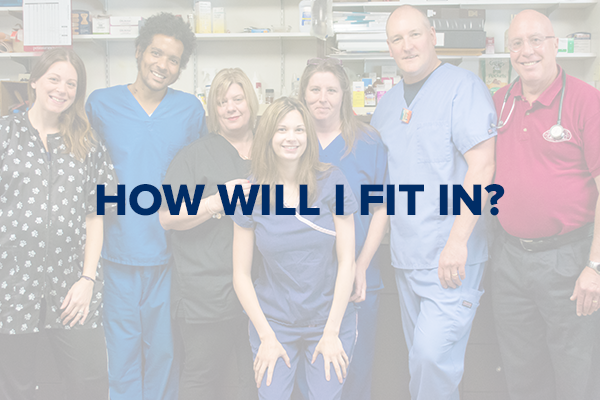
Make sure the clients know you as a person, then they are more apt to treat you like one.
If you feel you need more support than your job and social network provide, email Vets4Vets@VINFoundation.org to be paired with an online or telephone mentor or to gain admission to the Vets4Vets® confidential support group. Vets4Vets® is a confidential support group available at no cost to all veterinary students and veterinarians through the VIN Foundation. You can learn more in the Thrive in Five Toolkit.



